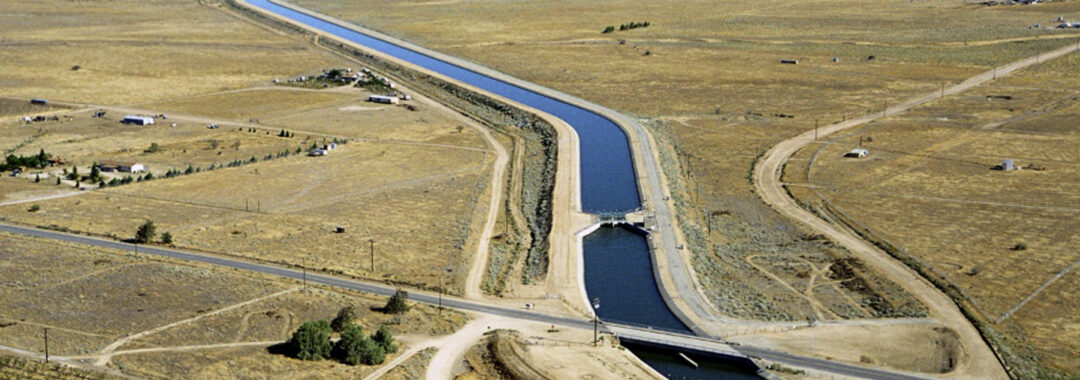Conserving water goes beyond just saving water; it plays a vital role in conserving energy and reducing greenhouse gas emissions (GHGs). This is one of the main conclusions of a landmark study conducted by UC Davis in collaboration with the Los Angeles Department of Water and Power (LADWP).
The study, published in the journal Environmental Research Letters, shows that customer-focused water conservation programs are just as cost-effective (and in some cases, are more cost-effective) as energy efficiency programs in reducing electricity use, GHGs and other energy-intensive operations.
“In California we use about 20% of statewide electricity and 30% of non-power plant natural gas to move, treat, and heat water,” said author Edward Spang, an assistant professor in the UC Davis Food Science and Technology Department and the Center for Water-Energy Efficiency. “Using LADWP as a case study, we wanted to examine the energy savings secured through water conservation programs relative to energy efficiency programs.”

